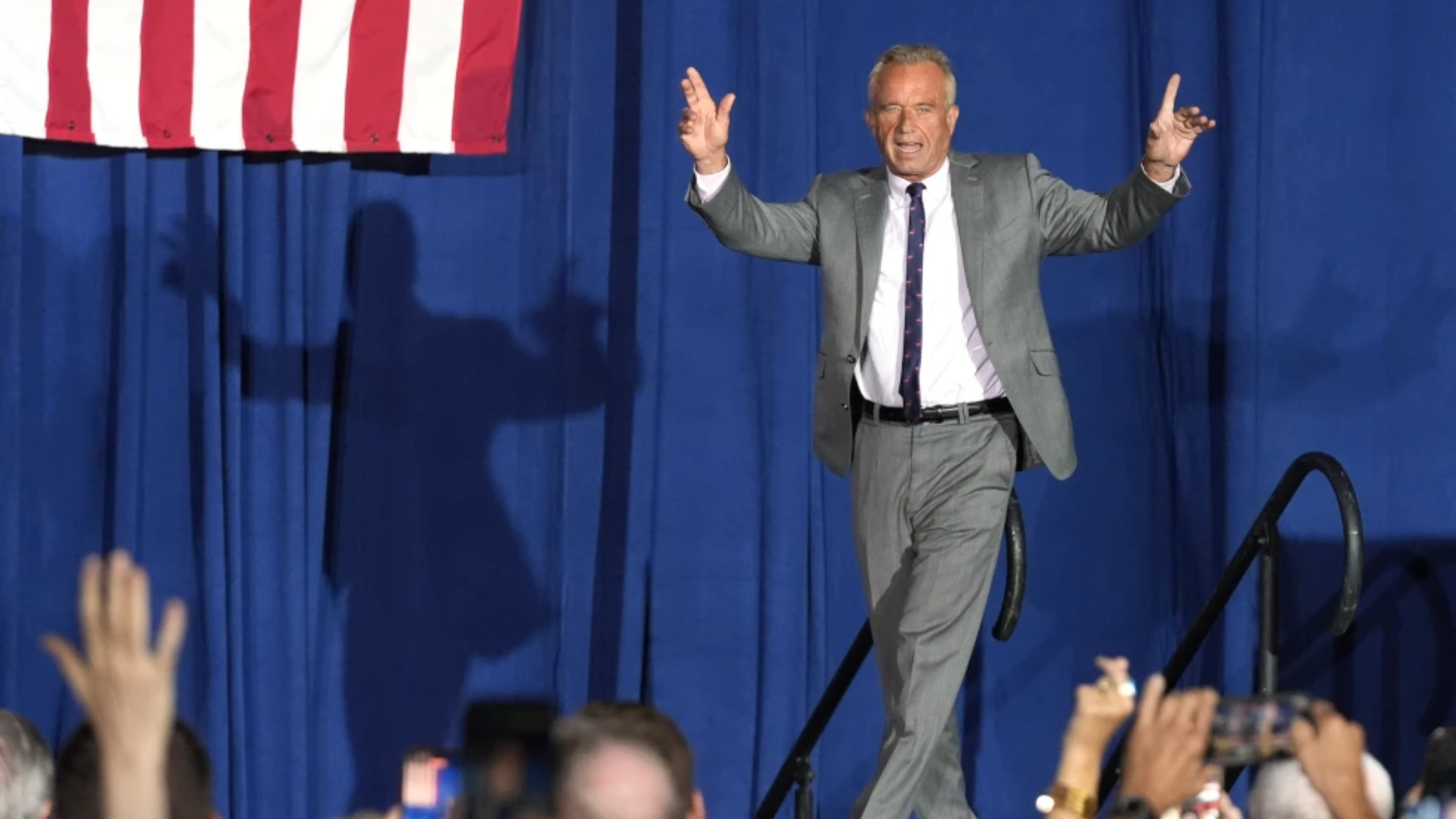MOSCOW — (CNN) A stunning report this week has rocked the athletics world with detailed allegations of a state-sponsored doping program in Russia.
The findings of the independent report, commissioned by the World Anti-Doping Agency (WADA), has raised the possibility of Russian track and field athletes being banned from the 2016 Olympics.
Russia’s top anti-doping official has denounced the report as “unprofessional, illogical and declarative,” but some of its evidence has already been passed on to the international crime-fighting organization Interpol for further investigation.
Here are just five of the most striking allegations contained in the report:
Secret police inside the anti-doping laboratory
Highlighting the extent of Russian state involvement in the efforts to dodge anti-doping rules alleged by the report, the authors describe cases where agents of the FSB, the successor to the KGB, visited and even posed as staff at a key laboratory.
FSB agents regularly visited the Moscow Anti-Doping Laboratory, and staff members suspected their phones were tapped and parts of the facility were bugged, according to the report.
In Sochi, the resort where Russia held the Winter Olympics last year, one lab worker cited by the authors reported a high-degree of intrusion. “We had some guys pretending to be engineers in the lab but actually they were from the federal security service,” the staff member said.
Employees’ fears of surveillance by authorities “affect the impartiality, judgment and integrity of the laboratory,” the report said.
Hundreds of samples destroyed before key inspection
The report paints a disturbing portrait of the Moscow laboratory, which it suggests “has been involved in a widespread cover-up of positive doping tests.”
In one of the most spectacular examples, it details the “intentional and malicious destruction” of 1,417 test samples at the lab that a WADA team had specifically requested be kept. The director of the lab, Grigory Rodchenkov, ordered that the samples be thrown out just days before the WADA team arrived for an inspection in December, according to the report.
He apparently told the team that he decided to “do some clean up to prepare for WADA’s visit.” He later said he misunderstood the instructions he received from WADA about the samples, a claim the report’s authors said they don’t find credible.
Bribes and extortion
The report is full of allegations of systematic bribery by Russian athletes and coaches to ensure their doping practices stay under the radar.
It says interviews revealed that officers from the Russian Anti-Doping Agency (RUSADA) regularly “accept money placed on the table at the time of taking the doping control test.” During the test, “it is frequently the case that the athlete is unaccompanied to the location where the sample is provided and therefore, there is no observation of the urine stream from the athlete,” the report states.
It also describes efforts by senior officials in the All-Russia Athletic Federation (ARAF) to use a list of athletes under review by the International Association of Athletics Federations (IAAF) for doping violations to extract cash payments from the athletes to cover up the cases. One elite world marathon runner paid her coach and the medical director of ARAF sums of money every year, part of which was “to protect her from receiving a positive drug result from her doping activities,” the report says.
Intimidation of doping testers
Doping control officers who don’t want to take part in the corrupt culture surrounding the testing of athletes in Russia have to go to extreme lengths to avoid it, according to the report.
One officer recounts climbing out of a hotel window during the night to avoid the police officers who were waiting outside to escort the samples to the Moscow lab. The officer says the samples were smuggled out of Russia through a third-party and four of them tested positive for doping in a Swiss lab. “My mother received threatening calls” as a result, the officer says.
The report also details the “intimidation, provocation and disruptive techniques from athletes’ support personnel, including coaches” that a team of doping control officers working on behalf of the IAAF faced in the Russian city of Saransk in June.
Use of false identities to dodge tests
Monitoring of top athletes relies on authorities like WADA and the International Olympic Committee being kept informed of the athletes’ whereabouts outside of compeitions so officials can conduct unannounced tests. But the report lists a range of measures Russian athletes apparently use to get around those measures.
“In a training camp in Portugal, our athletes simply lived under false names,” said Yuliya Stepanova, a Russian 800-meter runner who was a whistleblower in the report. “They have taken banned substances, they undertook a course of doping, and to ensure that foreign control officers did not come and test them, they provided false names.”
In another case, a team official denied to doping control officers that the athletes they were looking for were present at a hotel near Sochi, even though the hotel receptionist had already confirmed that all the athletes were registered there.
The-CNN-Wire ™ & © 2015 Cable News Network, Inc., a Time Warner Company. All rights reserved. (PHOTO: WADA/Facebook)






















